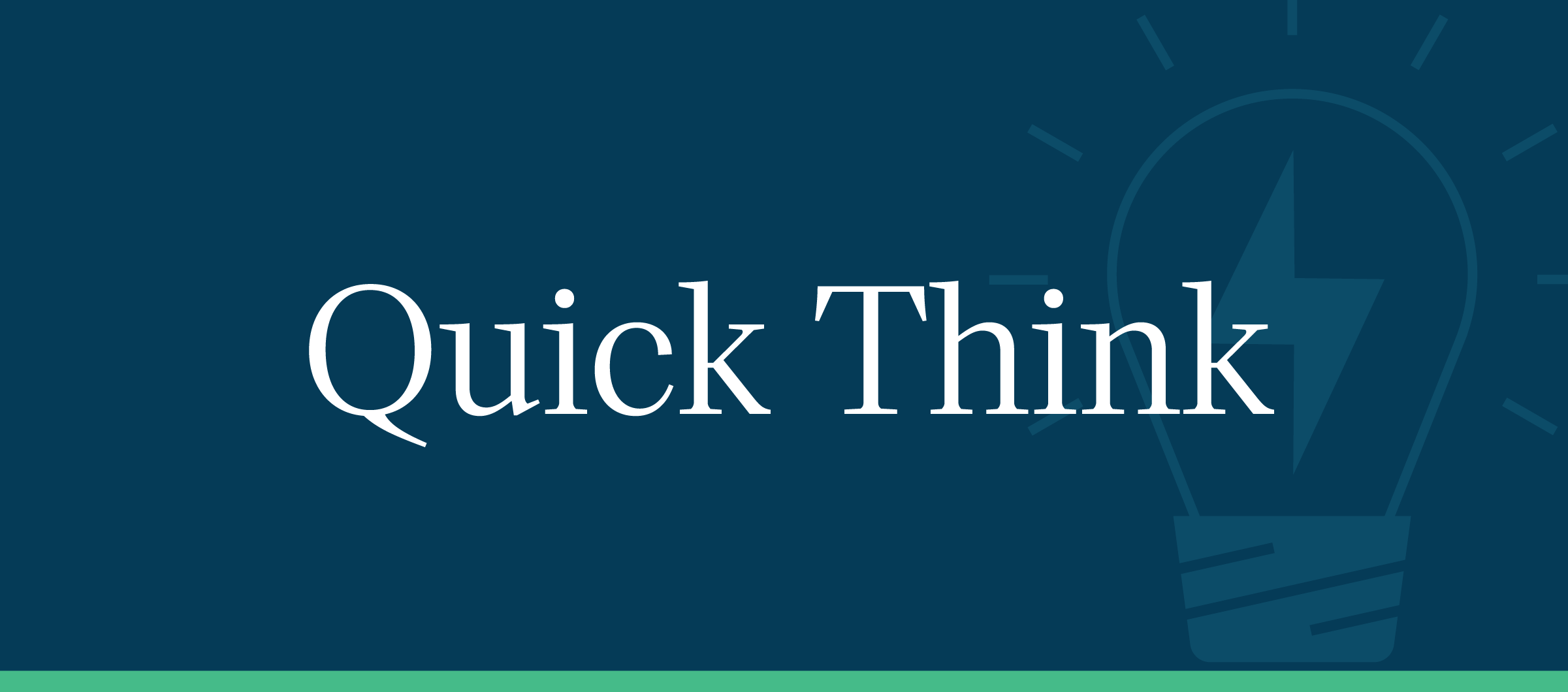Note: This piece was originally published over the weekend in our Sunday newsletter. Want content like this delivered to your inbox before it hits our blog? Subscribe here.
A Note on Responding to Current Events, from CEO David Jarrard
2.5-minute read / 13-minute podcast
Do you weigh in as an organization?
It’s not a simple answer. It’s a challenge our clients have faced many times over the past two years as outlier events have swept across the globe. This is true again as Russia continues its brutal invasion of Ukraine. Our clients ask us: “Do we need to issue a statement? Can you help us create a message? We’re not sure what to say but we think we need to say something.”
The first question to ask: Why?
Thoughtful leaders want to acknowledge important moments. To take a stand. To show solidarity with those in trouble or in need. As you consider whether to do so for your organization, the answer may lie in how you’ve asked yourself the question. If you’ve asked, “Do I have to weigh in?” when no one is looking for your corporate position, then the answer is very likely “No.” But if circumstances or your mission call you to weigh in, the answer may well be “Yes.”
We all recognize that organizations speak with the greatest authority when the subject is aligned with their expertise and reputation. A healthcare organization opining about important healthcare issues is your natural lane (i.e. COVID vaccinations and health equity). It is expected that your organization would speak to these and other important matters; it’s desired and needed, in fact.
The further the subject strays from your organization’s mission and expertise – to national politics, for example, or events around the globe – the thread connecting the subject and your authority, credibility and relevance weakens. If you comment on one disconnected event to which you bring no authority, you create the expectation that you will be commenting on an array of disconnected matters in the future.
The cliché is true: If you have nothing to say, don’t say it.
But. But! Sometimes what may appear to be a distant matter is actually close to home. There may be local ties in your community that bring it to your doorstep. You may have a service providing care that is directly impacted by the issue. You may serve a community bound to the region affected. You may have staff personally affected by it. Then, the call to speak is strong, local and relevant.
Do you serve a Russian or Ukrainian community within your market? Do you have Russian or Ukrainian immigrants or their descendants working in your facilities? Do you have a unique service that offers aid to that war-torn region or even to others oppressed in or from violent areas? If yes, the call to speak – to make clear your position and expectations – is strong. In fact, you should.
There is a third scenario, one in which you don’t have a direct line to the situation but your heart and mission simply demand your voice. As you speak – and many will – we suggest you simply acknowledge the uniquely and tragically horrific circumstances that call for your voice so, again, you don’t find yourself expected to provide commentary on world events in the many days to come.
An unfortunate byproduct of the social media era is that everyone has an opinion on everything, and people, leaders and organizations often feel like they’re expected to say something. So they worry about getting called out if they don’t. It’s part of that social media hype chamber. If that’s you, and you’ve concluded that saying something isn’t necessary or directly connected to your mission, give yourself permission for intentional silence.
A final note: If someone does come after your organization on social media for not saying something, the best practice is to respond publicly while bringing the conversation offline. Reply, “Thanks for your feedback. I’d love to talk about this and hear your perspective. Can we set up a conversation?” The key is to be responsive and not react disproportionately.
This piece was originally published over the weekend in our Sunday Quick Think newsletter. Fill out the form to get that in your inbox every week.



